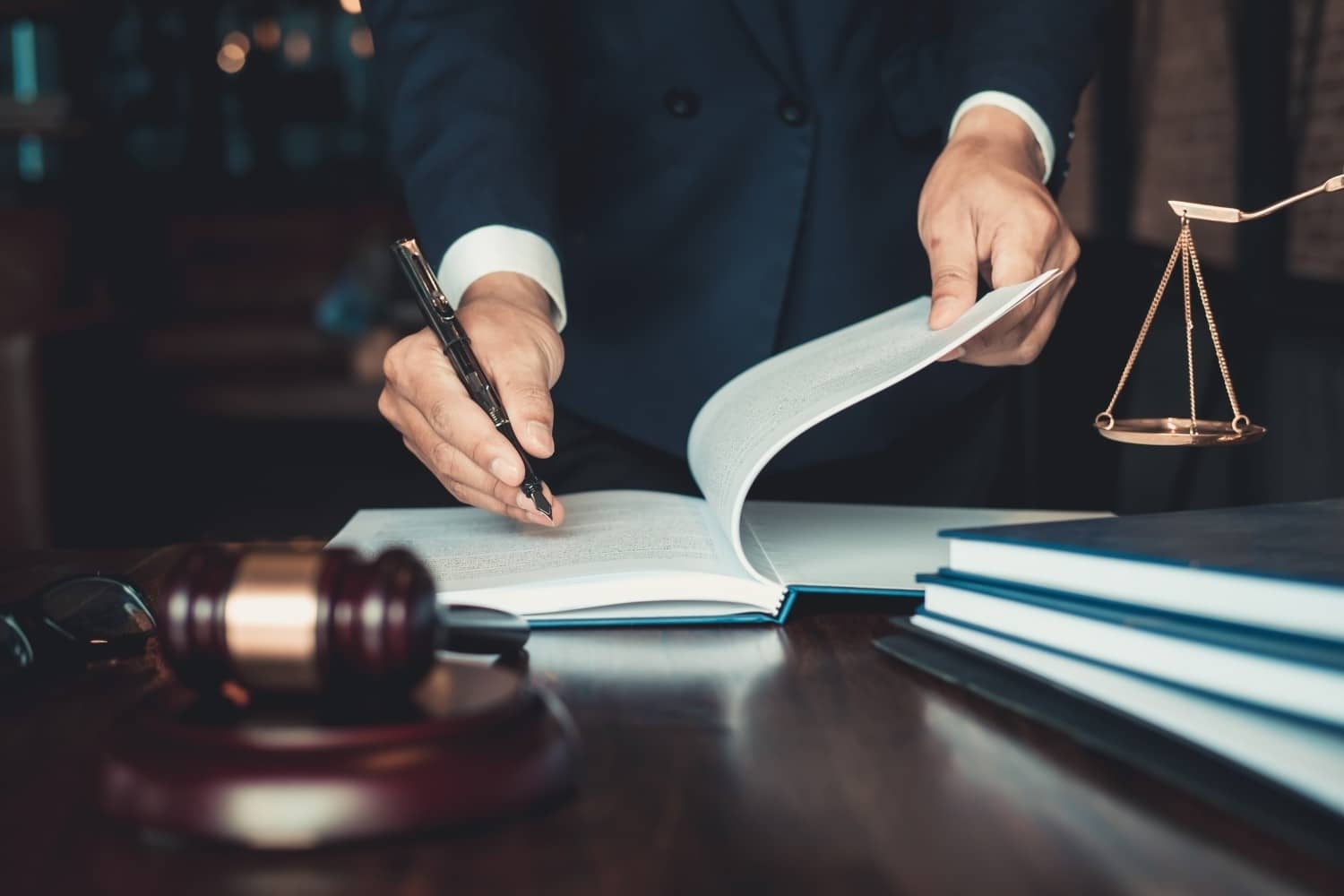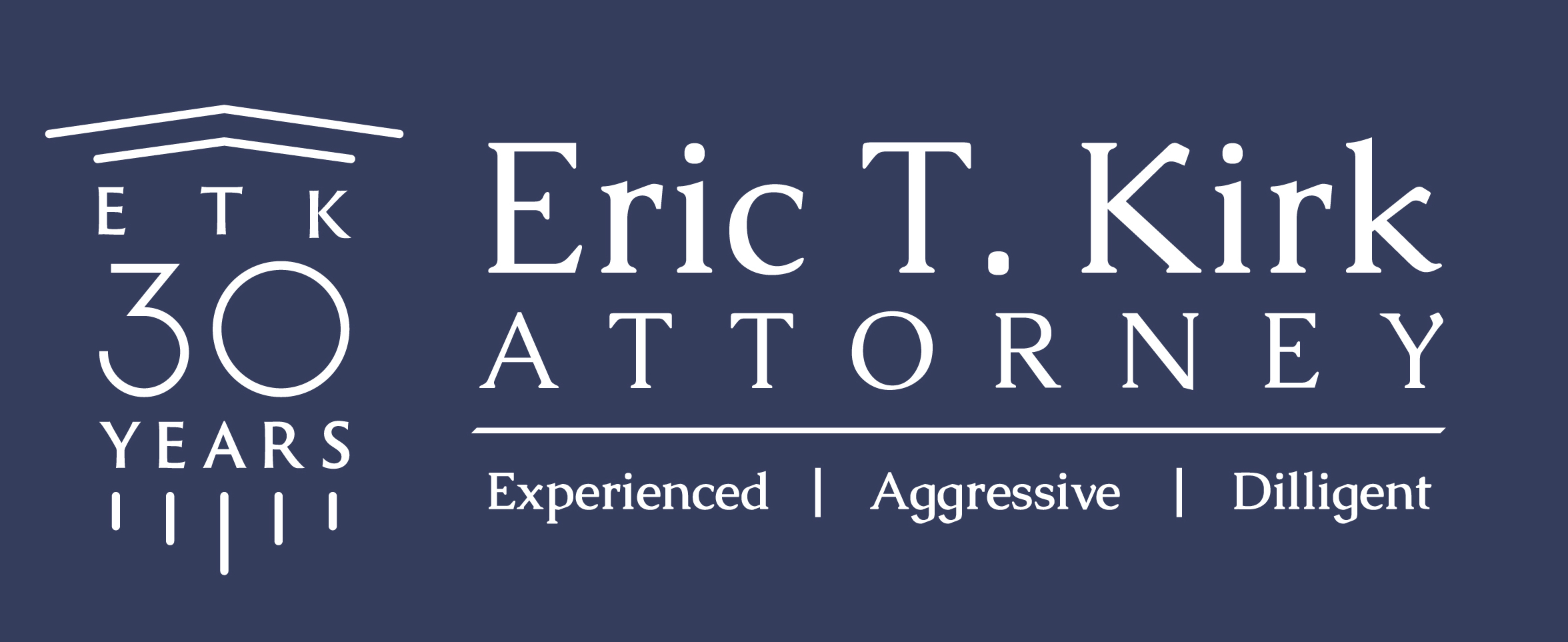Top Takeaways: Baltimore Personal Injury Mediations

Mediation is a process by which a Baltimore personal injury plaintiff and defendant can reach an agreement to resolve their case without the rigors and necessity of trial. A central feature, and indeed, perhaps the key component in any mediation conference is its voluntary nature. Participation in the conference may be mandatory -in other words, the court might have ordered parties to attend mediation. However, the outcome of any mediation is wholly voluntary and discretionary for the parties involved. There is no settlement at mediation, unless and until everyone agrees to the result. If that is the case, a mediation agreement will be prepared, formalizing what the parties have agreed to. If there is no agreement, an impasse is documented and the case proceeds to trial.
Baltimore Personal Injury Mediation. Savings in Litigation Costs.
A mediated agreement may well be a good way to resolve a Baltimore personal injury case. If a case can resolve through mediation the parties are often saved the expenses of trial and the rigors thereof. The savings of costs and expenses [e.g. expert witness fees] will weigh more heavily on the side of the plaintiff. The insurance on the other side of the table earns billions of dollars a year and does not care about paying a few thousand dollars to a doctor for favorable opinions. A plaintiff in a common Baltimore car accident does not earn billions of dollars a year, and most likely cannot afford to pay thousands of dollars to a doctor for favorable opinions.
The Rigors of a Baltimore Personal Injury Trial
Many people, even those with compelling stories to tell, find the prospect of testifying in open court to be a very daunting experience, and the thought of it is frequently met with great anxiety. With good reason. It can be difficult to discuss private things. It can be very difficult to discuss such things in front of others. It can be horrifying to think that you would be subject to grueling cross examination about the condition of your body, at the hands of a skilled personal injury defense lawyer. On the other hand, a mediation conference typically occurs in the back rooms to the courthouse, or in many instances at the law offices of either plaintiff’s lawyer, or the defense lawyer, or, increasingly, post COVID, via a remote platform such as Zoom.
A typical personal injury trial is an expensive proposition. By the time trial exhibits have been created and prepared and other necessary preparatory steps have been taken (e.g. the taking of depositions) litigation costs are already significant. When one factors in costs associated with experts -who have been or will be retained and paid for their time in giving testimony, it’s not unusual to see a personal injury case with $5,000 to $10,000 in litigation costs for routine cases. Significant and catastrophic Baltimore personal injury cases could easily see litigation costs at 5 to 10 times that number. Mediation allows the injured plaintiff to save those costs by choosing to resolve the case at the conclusion of a mediation conference.
Baltimore Injury Case Outcomes: Certainty
As mentioned, the process is a voluntary one, at least, in terms of the result. Everyone knows the result, and a wait for an expensive trial is unnecessary, if the case resolves at mediation. A mediator participates in the conference solely for the purpose of facilitating an agreement. A common personal injury case settlement agreement, if one is to be reached, would include the dollar figure that the plaintiff would accept in exchange for releasing the defendant from any further claims. The decision to settle, or not, is voluntary and reached only after close consultation with your chosen Baltimore personal injury lawyer. No agreement or settlement can take place as the result of mediation unless the plaintiff says yes, I agree and I accept and the defendant says yes I agree and I accept.
The Mediator
The role of the mediator in the personal injury settlement conference can have a significant impact on the process, both good and bad. There are those that contend the mediator should have a significant impact on both the course of the mediation conference and upon the outcome of the mediation conference. Imagine if the selected mediator is a retired judge who has presided over 100 or potentially thousands of personal injury trials over the course of a career. It certainly makes sense to listen to that individual when they give an opinion on what a likely outcome in court is going to be. There are those who contend a mediator should have little if any role in the outcome, but should only coax the parties to would have done anyway. Imagine a chosen mediator who does not have experience in litigating or presiding over personal injury matters. Such a mediator may not have the presence or their opinions will not carry the same weight with parties when it comes to case value.
In my view, the most successful mediators are those that are able to listen to the contentions made by one of the participants and convey those intentions to the other side in a way that doesn’t offend or cause resistance to stiffen up. The successful mediator conveys this information in a way that helps one side understand where the other side is coming from. A successful mediator can also be instrumental in highlighting flaws and weaknesses in one party’s case, again in a way that doesn’t offend or cause resistance to stiffen. A successful mediator rather helps that party see that perhaps making concessions is in its best interest. When the mediator is a retired judge who has seen many, many similar cases- bringing that experience to the table is often helpful to both sides Where the mediator lacks that experience or wants to bring perhaps irrelevant or not pertinent experiences or accomplishments of the mediator to bear on the discussion, the results are less frequently successful. It is these twin facets of understanding the information presented and re-packaging it and palatably presenting it to the other side that are the hallmarks of a successful mediator.


